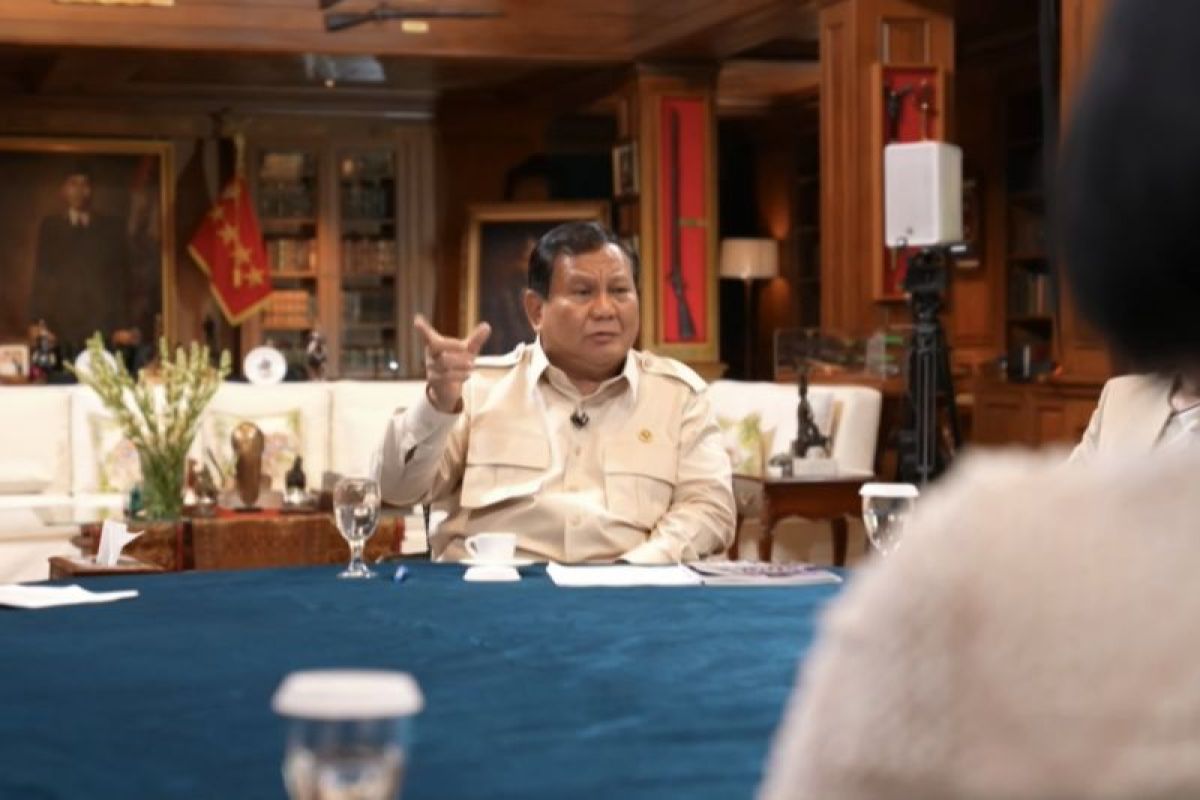In the dynamic landscape of Indonesia's economy, the stability of food prices plays a pivotal role in ensuring the well-being of its citizens. President Prabowo Subianto has taken a hands-on approach by consistently monitoring food prices, reflecting his commitment to national welfare and economic balance.
Prabowo's Proactive Measures in Food Price Monitoring
President Prabowo Subianto has been actively engaged in overseeing the nation's food pricing. Reports indicate that he communicates almost nightly with the Minister of Agriculture, Andi Amran Sulaiman, to stay updated on the latest developments in food prices. This consistent engagement underscores his dedication to preventing price volatility that could adversely affect the populace.
The President's vigilance is particularly evident during critical periods such as Ramadan and Idul Fitri, times when food consumption typically surges. By maintaining close contact with agricultural authorities, Prabowo ensures that any potential disruptions are addressed promptly, safeguarding the interests of consumers and producers alike.
Collaborative Efforts to Maintain Price Stability
Beyond direct communication with the Ministry of Agriculture, President Prabowo has instructed various governmental bodies to collaborate in maintaining staple food prices. This includes directives to the Coordinating Minister for Food, the Minister of Trade, and other relevant officials to guarantee the availability of essential commodities and prevent speculative price increases.
Such collaborative efforts are instrumental in creating a cohesive strategy that addresses both supply and demand factors, ensuring that food prices remain within an affordable range for all Indonesians.
Initiatives and Programs Supporting Food Price Stability
The Indonesian government has launched several initiatives aimed at stabilizing food prices:
- Red and White Village Cooperatives Program: Spearheaded by President Prabowo, this program aims to establish cooperatives in villages to stabilize food commodity prices. By empowering local communities, the initiative seeks to create a more resilient and self-sufficient agricultural sector.
- Regulation on Harvested Dry Grain Price: The government plans to issue regulations to ensure fair pricing for harvested dry grain, aiming to protect farmers' interests while maintaining affordable prices for consumers.
- Market Inspections and Operations: The Ministry of Agriculture, under Prabowo's directive, conducts regular market inspections to monitor food prices and distribution. These operations help identify and address issues such as hoarding or price manipulation, ensuring a fair market environment.
Challenges and the Path Forward
Despite these proactive measures, challenges persist. Global economic fluctuations, climate change impacts on agriculture, and logistical issues can contribute to food price volatility. Addressing these challenges requires continuous monitoring, adaptability in policy-making, and strengthening infrastructure to support efficient food distribution.
President Prabowo's commitment to monitoring food prices is a testament to his dedication to economic stability and the welfare of Indonesian citizens. By maintaining this vigilant approach and fostering collaboration across governmental and local entities, Indonesia aims to navigate the complexities of food price stability effectively.
Conclusion
President Prabowo Subianto's nightly monitoring of food prices exemplifies a leadership style deeply attuned to the immediate needs of the populace. Through direct communication with key ministers, initiation of supportive programs, and fostering inter-agency collaboration, his administration strives to maintain economic balance and ensure that staple commodities remain accessible to all Indonesians. As the nation faces ongoing and emerging challenges, such dedicated oversight remains crucial in safeguarding Indonesia's economic stability and food security.
Read More






 Friday, 27-02-26
Friday, 27-02-26







